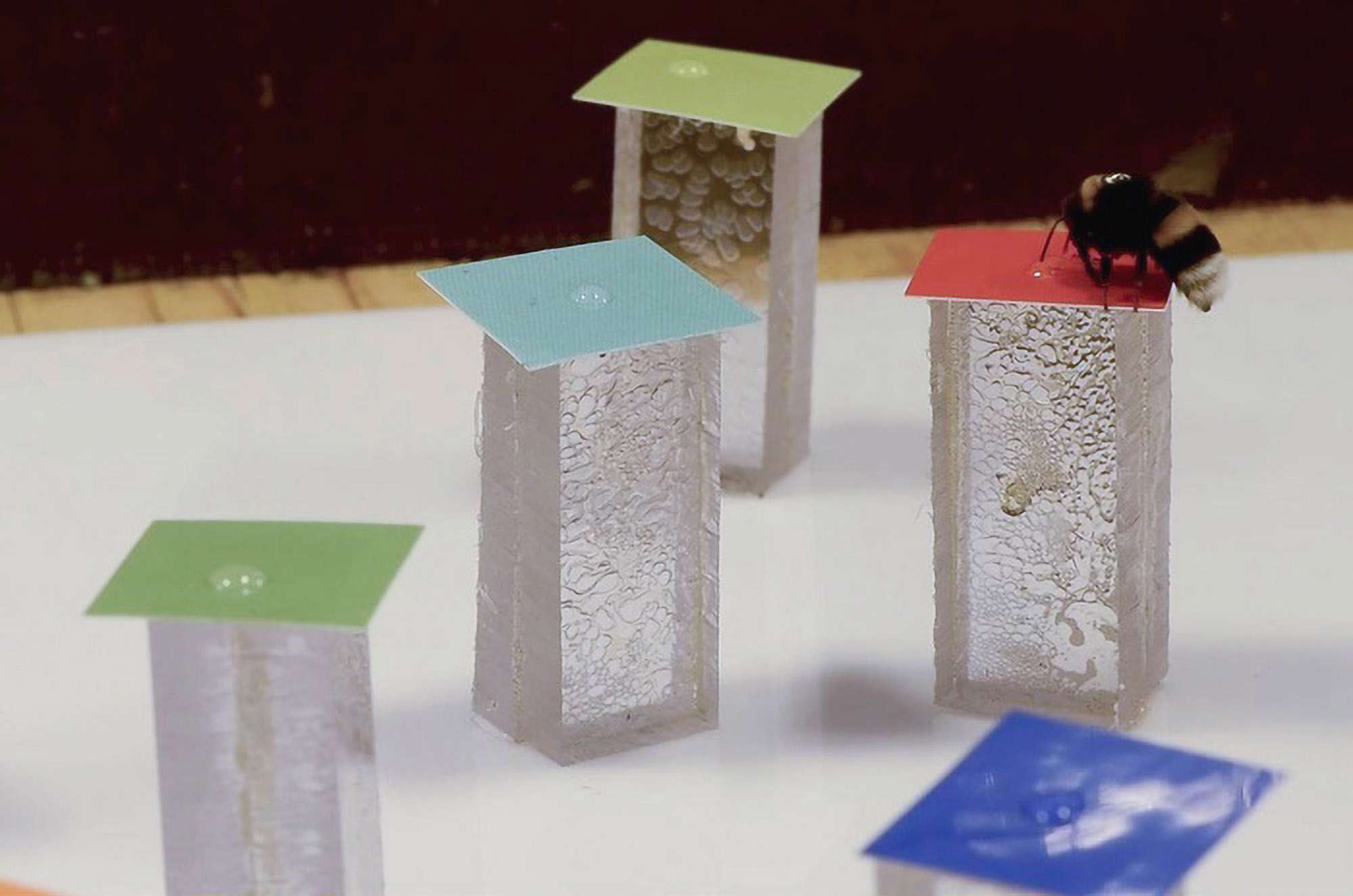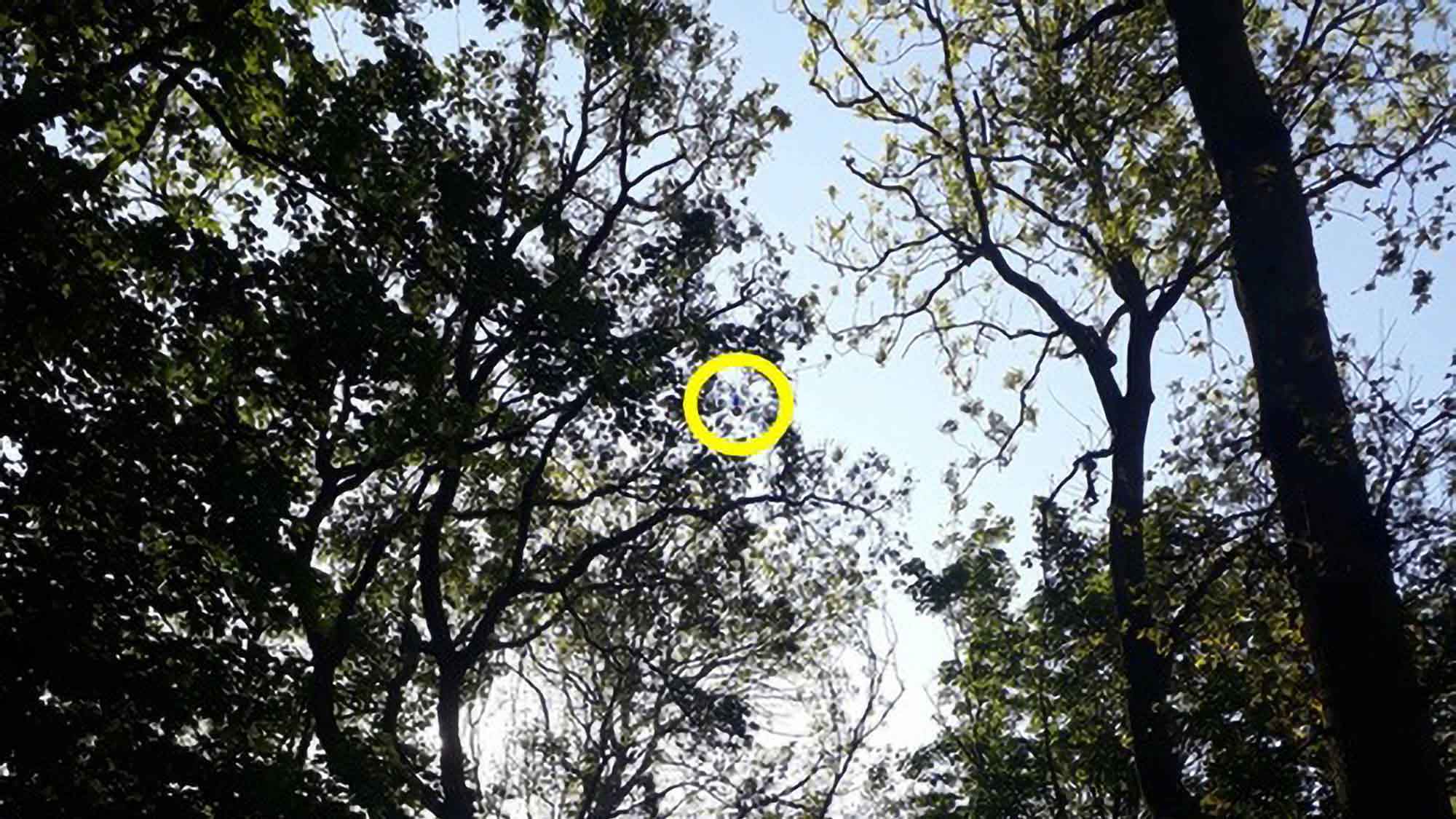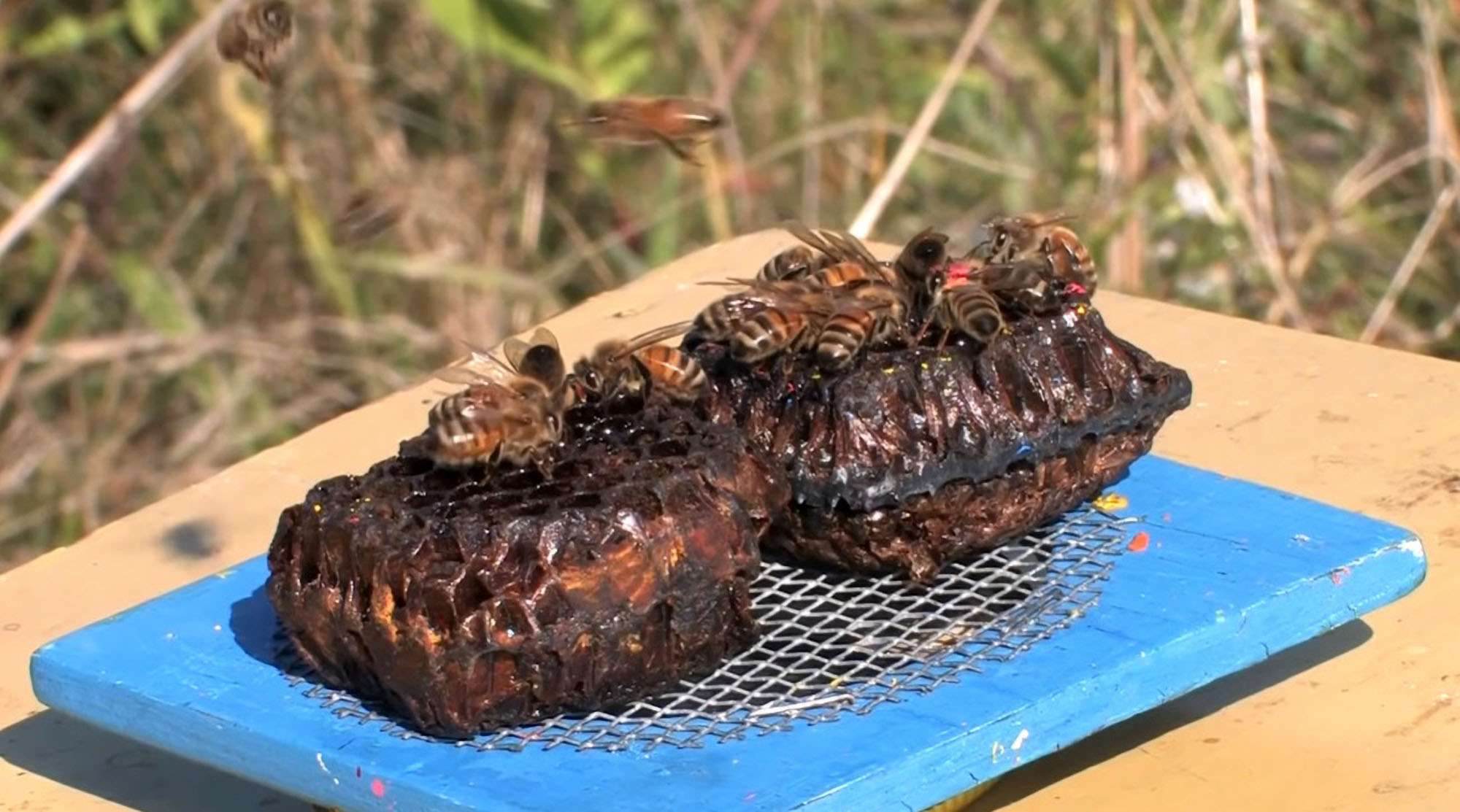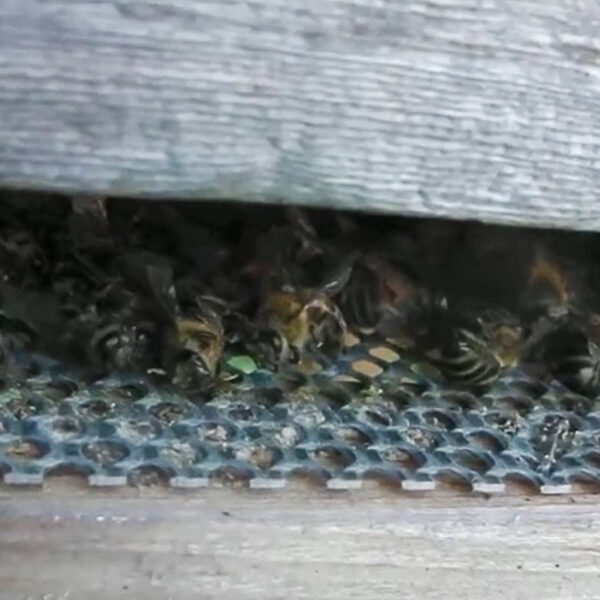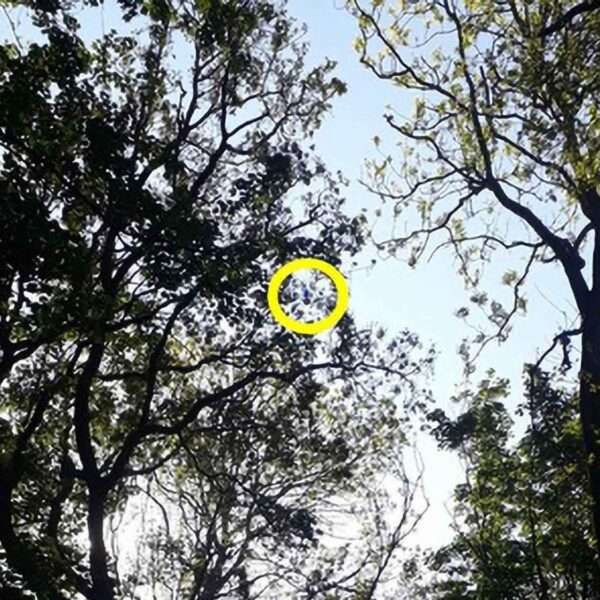Scientists in Finland are concerned about the immense impact a popular herbicide has on the cognitive skills of bumblebees.
Researchers from the universities of Turku and Oulu found that the application of small doses of Roundup severely affected the important pollinators’ ability to learn and memorise connections between colours and taste.
Roundup is the brand name of a broad-spectrum glyphosate-based substance. Glyphosate has been applied to kill weeds across the world for decades. More than one million European Union (EU) residents signed a petition to ban glyphosate in 2017.
In their study, the Finnish research group exposed bumblebees to an acute dose of Roundup.
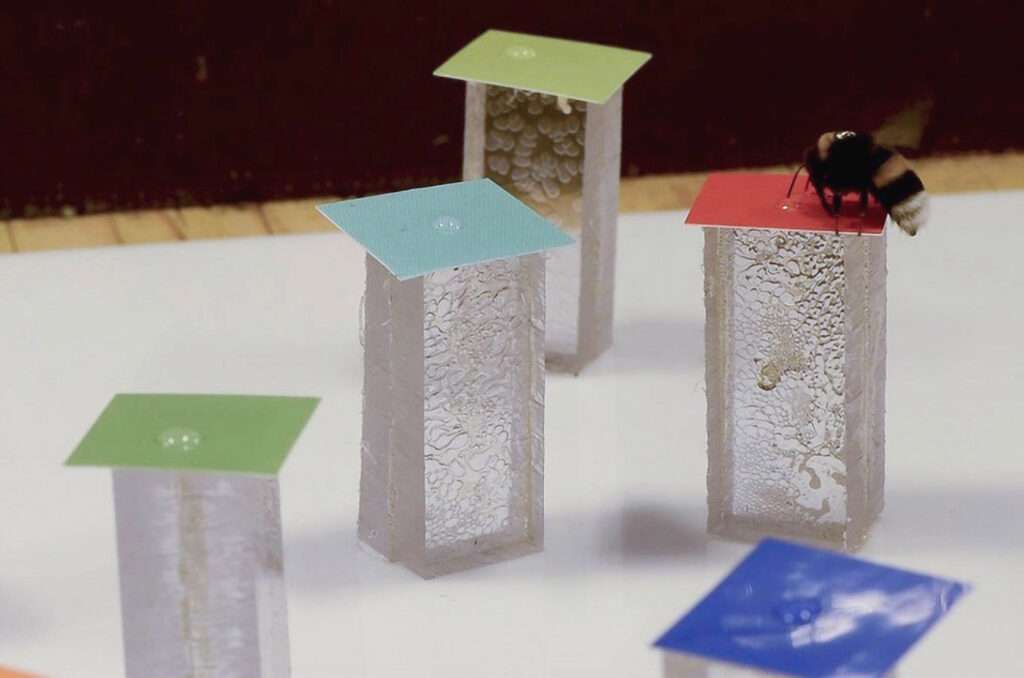
They subsequently tested the insects’ learning and memory capabilities in a 10-colour discrimination task. In the study, the bumblebees learned to associate five specific colours with a rewarding sugar solution and another five colours with an aversive quinine solution.
Control bumblebees learned to distinguish colours associated with sweet sugar water from colours associated with a bad-tasting compound and remembered what they learned after three days.
However, bumblebees exposed to the herbicide learned significantly less and forgot almost everything they had learned within a few days.
The scientists also found that the herbicide treatment did not affect bumblebees’ performance in an easier two-colour discrimination task or a 10-odour discrimination task.
The results suggest that – while exposure to Roundup does not make bumblebees completely colourblind or unable to differentiate different smells – it does impair their fine colour vision.
University of Turku Associate Professor Marjo Helander said: “We focused on the cognitive traits of the bees because these traits determine the successful foraging and social behaviour of social insects and therefore their fitness. I am really worried. Even one very small acute dose had a harmful effect on the bumblebees.”
Helander pointed out: “The result is even more worrying when you take into account how much glyphosate-containing herbicides are used globally.
Olli Loukola – a researcher at the University of Oulu’s Ecology and Evolutionary Biology Department – added: “The results are quite worrying considering the importance of colour vision for bumblebees. Even small disturbances in colour vision can be catastrophic in terms of foraging and nesting success.”
Bumblebees – which have round bodies that are up to 15 millimetres long – mainly exist in higher altitudes of the Northern Hemisphere. Their colonies consist of up to 200 animals and a queen.
Bumblebees – who only sting to defend themselves and their colony – play a key role in ensuring biodiversity.
The Canada Agriculture and Food Museum in Ottawa says on its website: “Bumblebees are very useful for pollination. They can pollinate plants that other pollinators cannot and they don’t mind going out on overcast days.”
Bumblebees are among the many insect species that suffered population declines in the past few years due to climate change, the application of herbicides and habitat destruction by construction projects.

